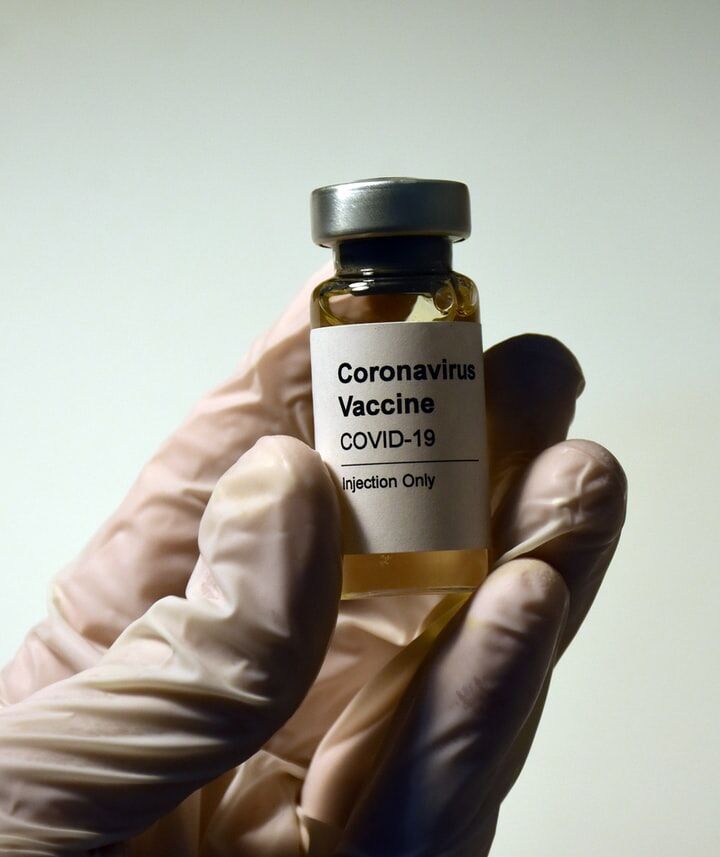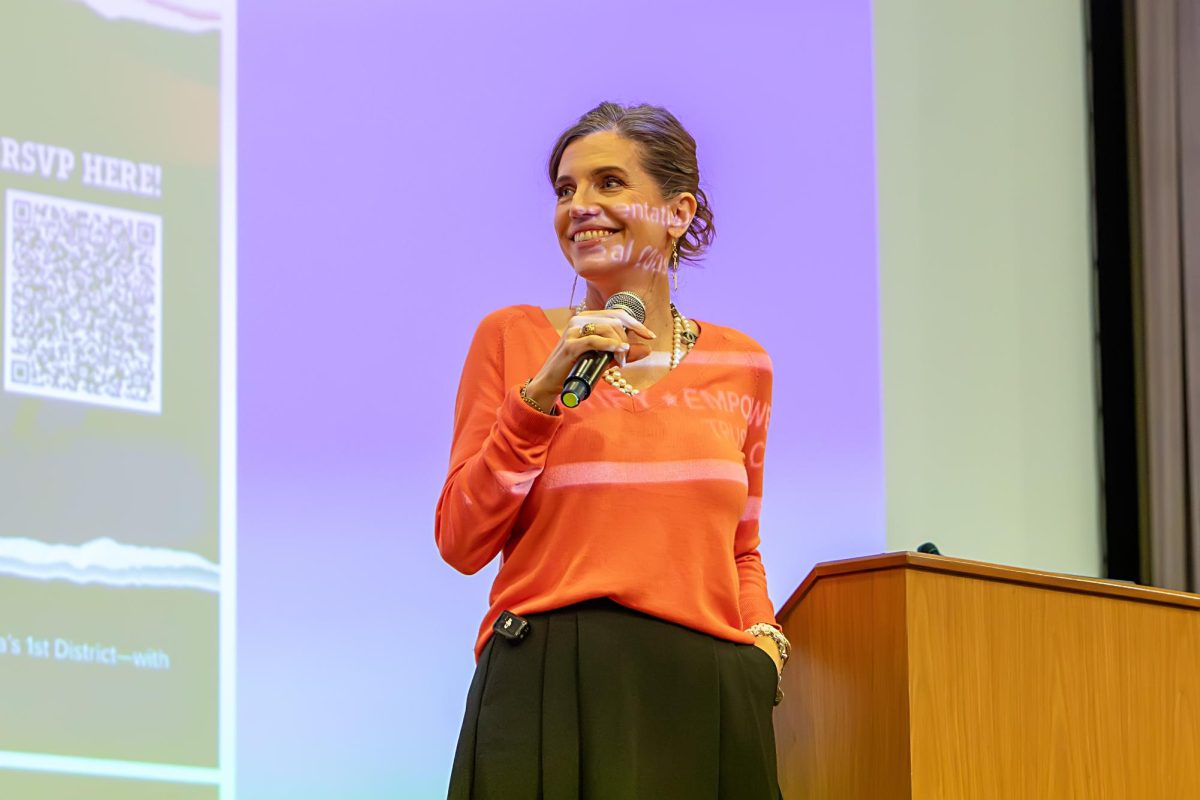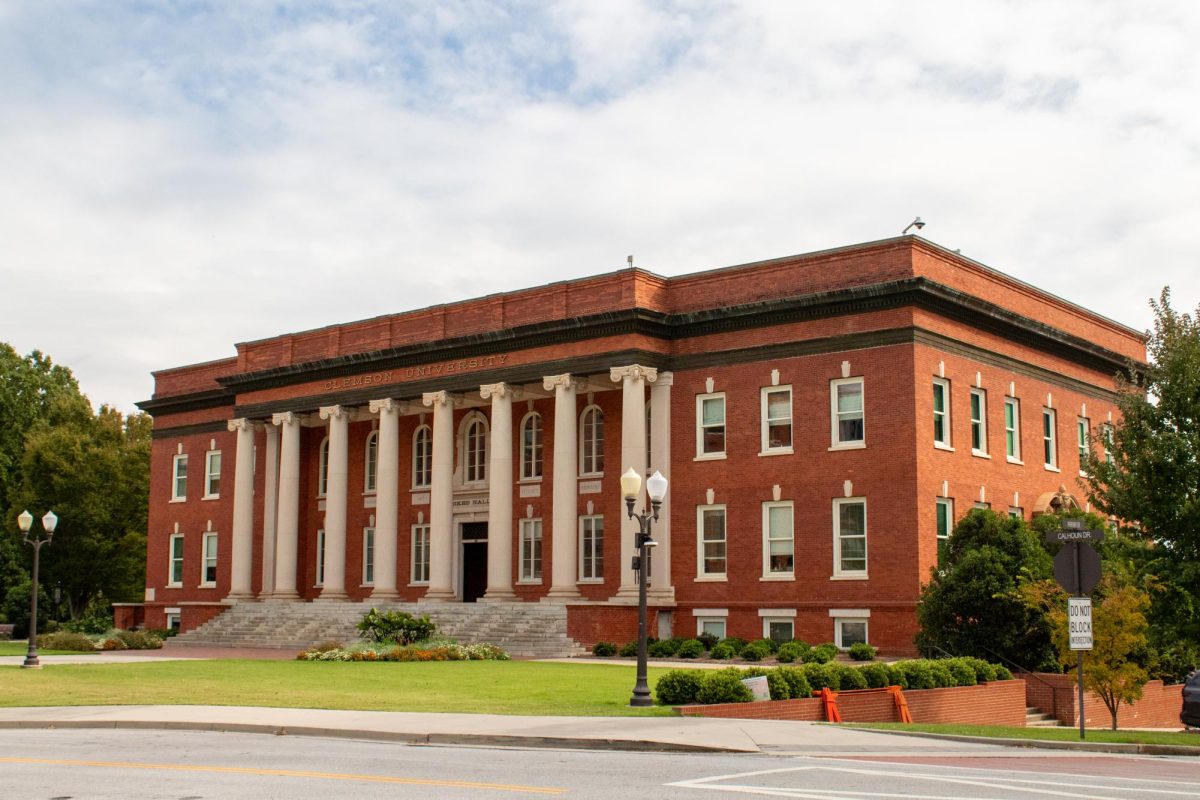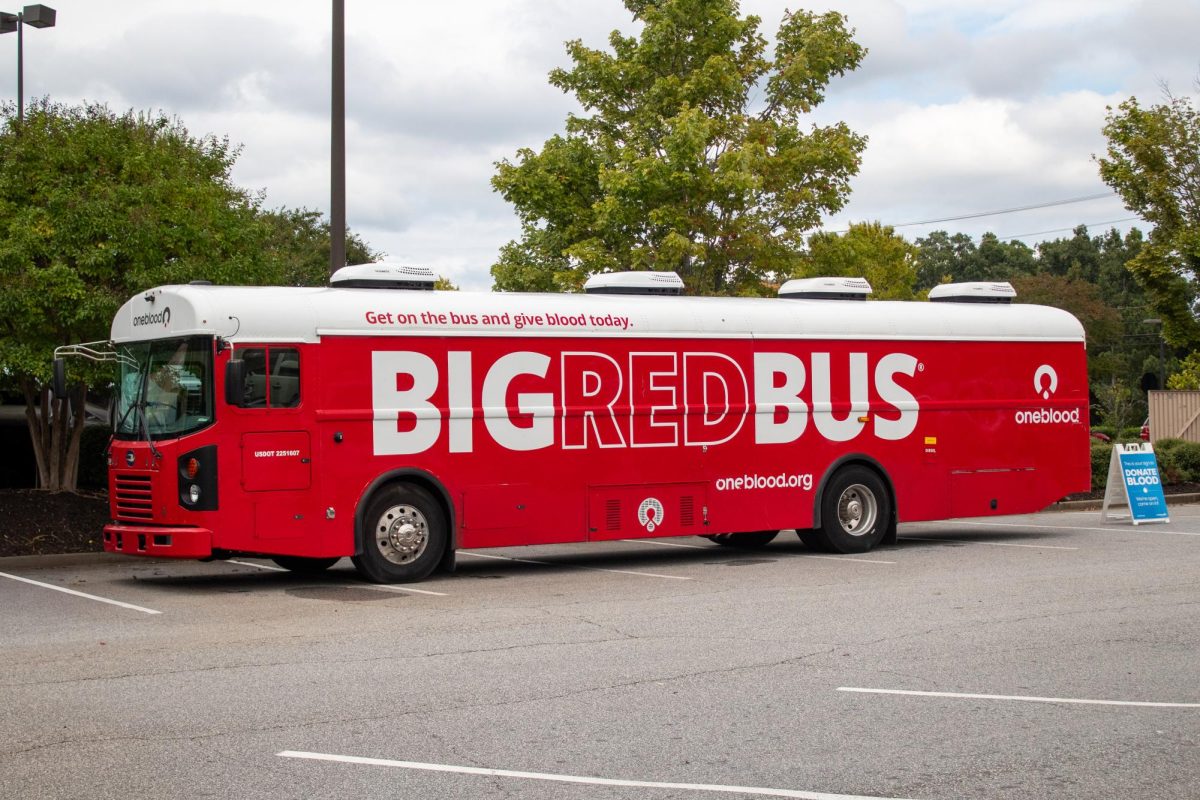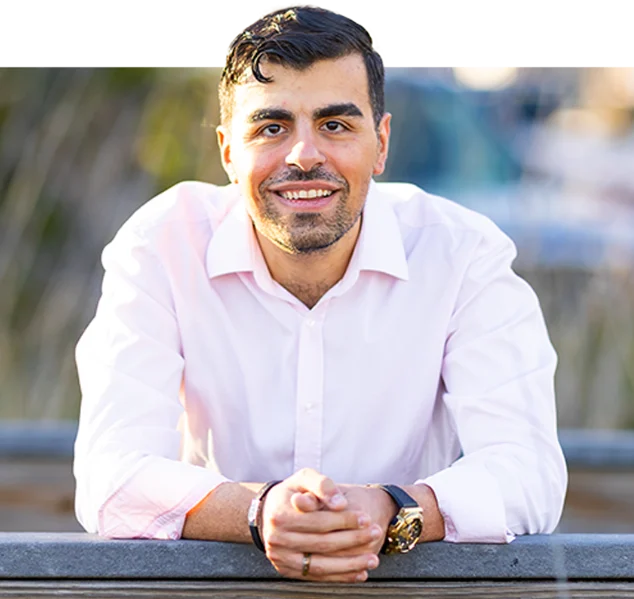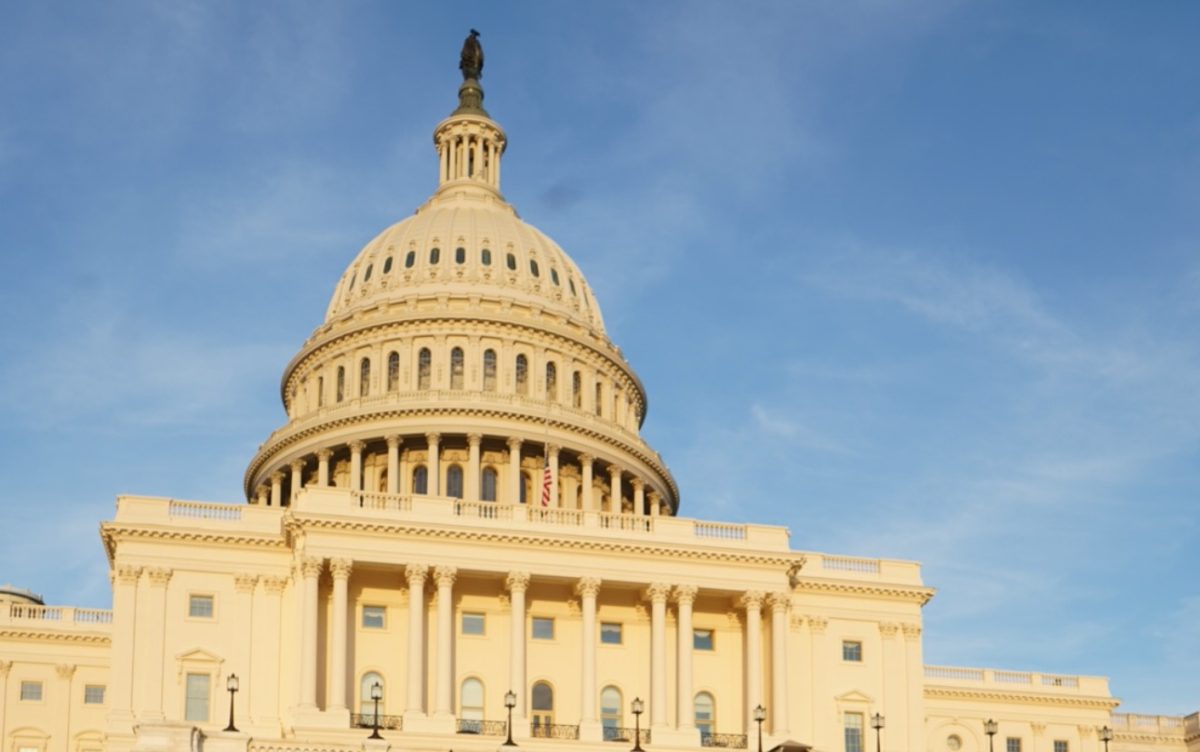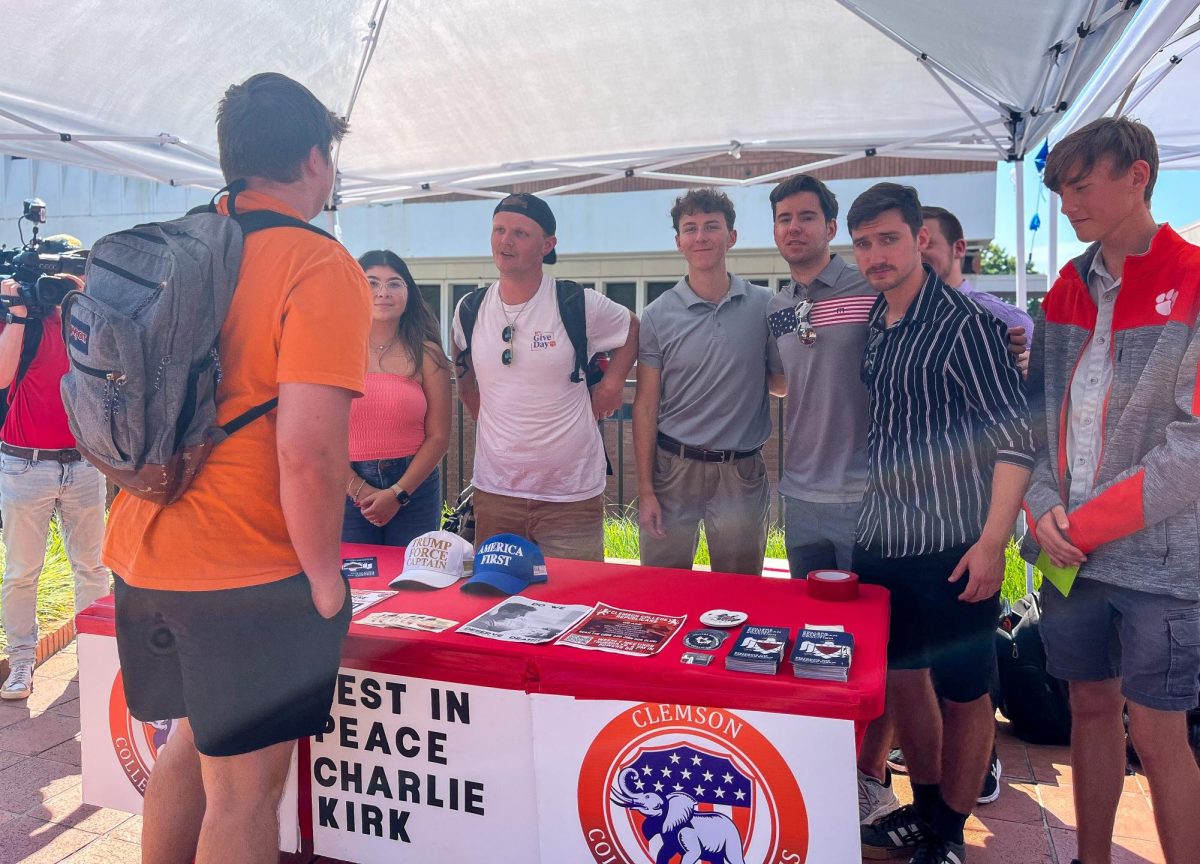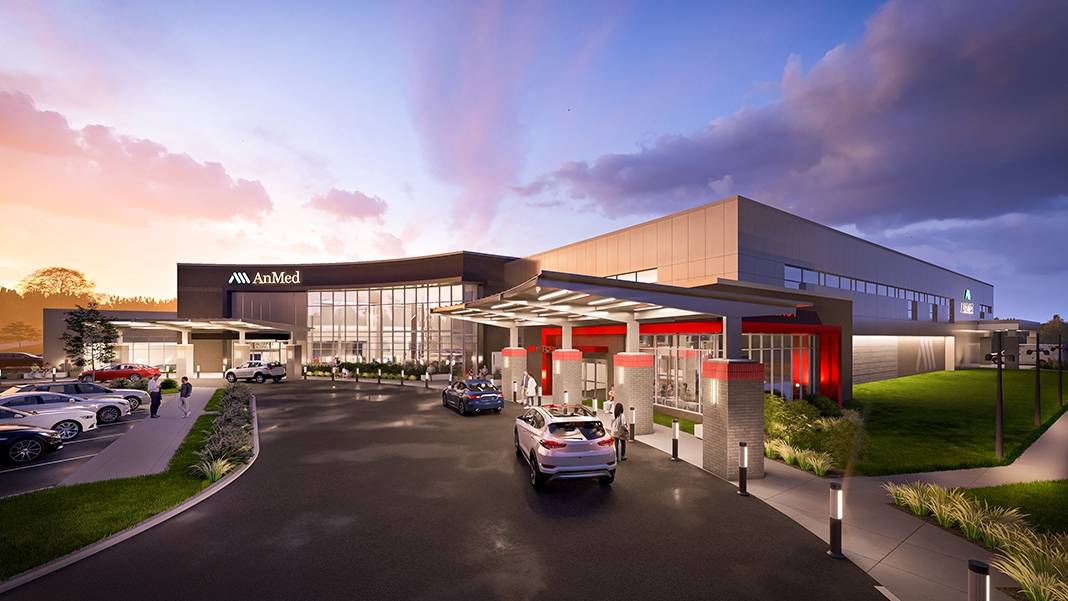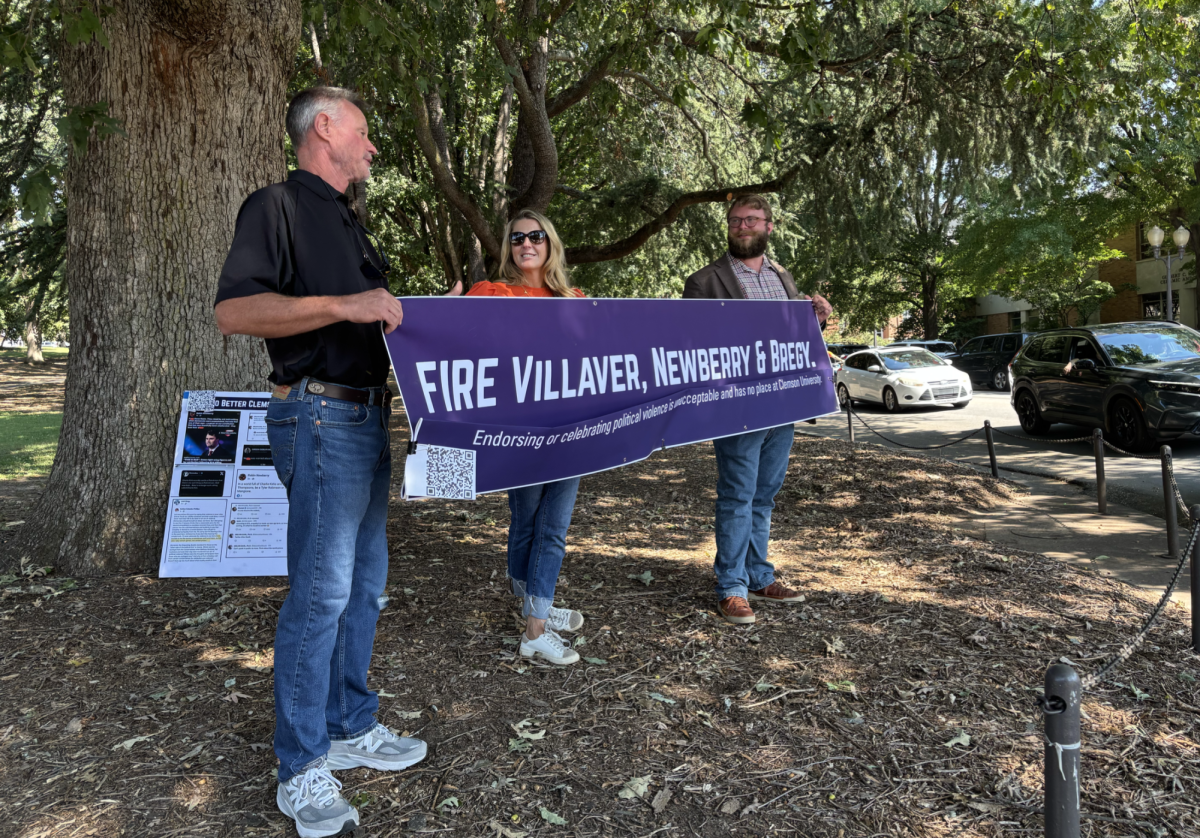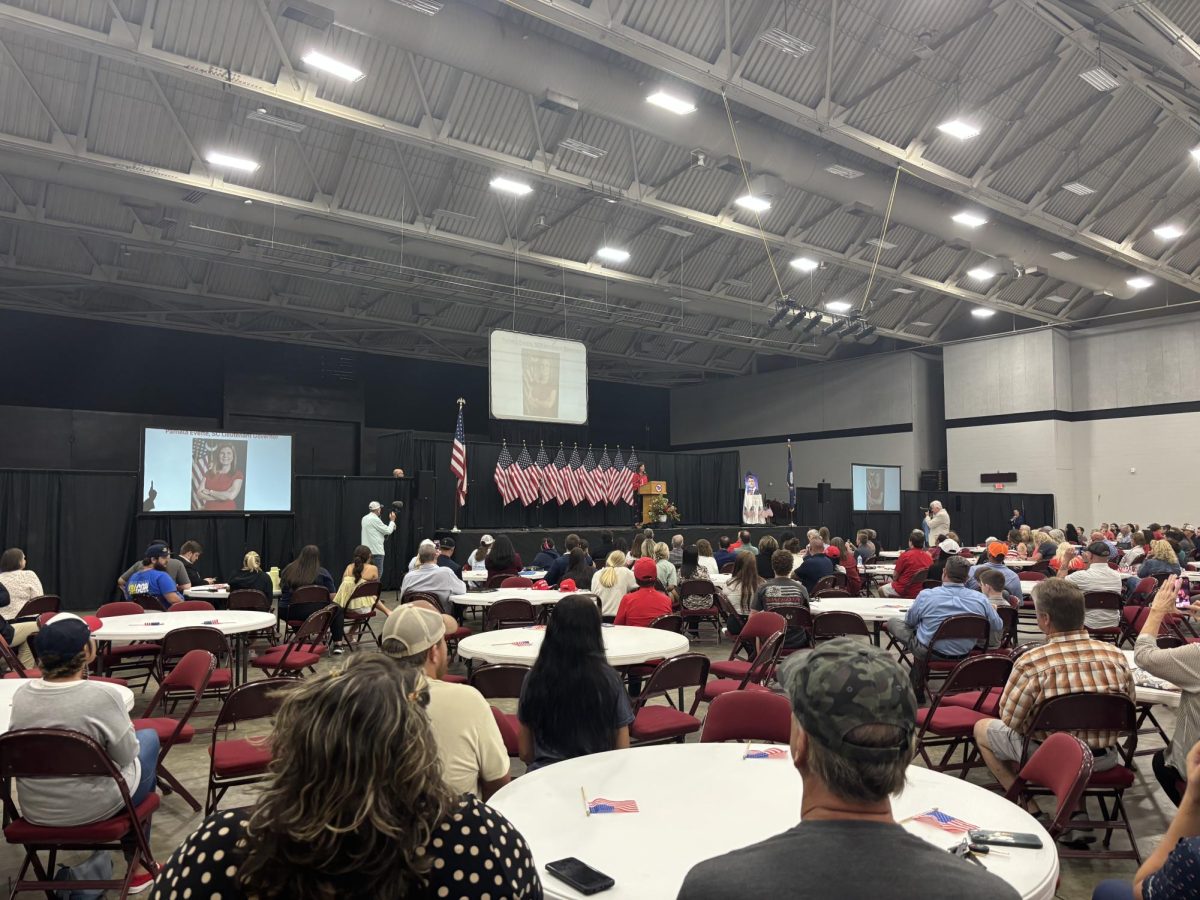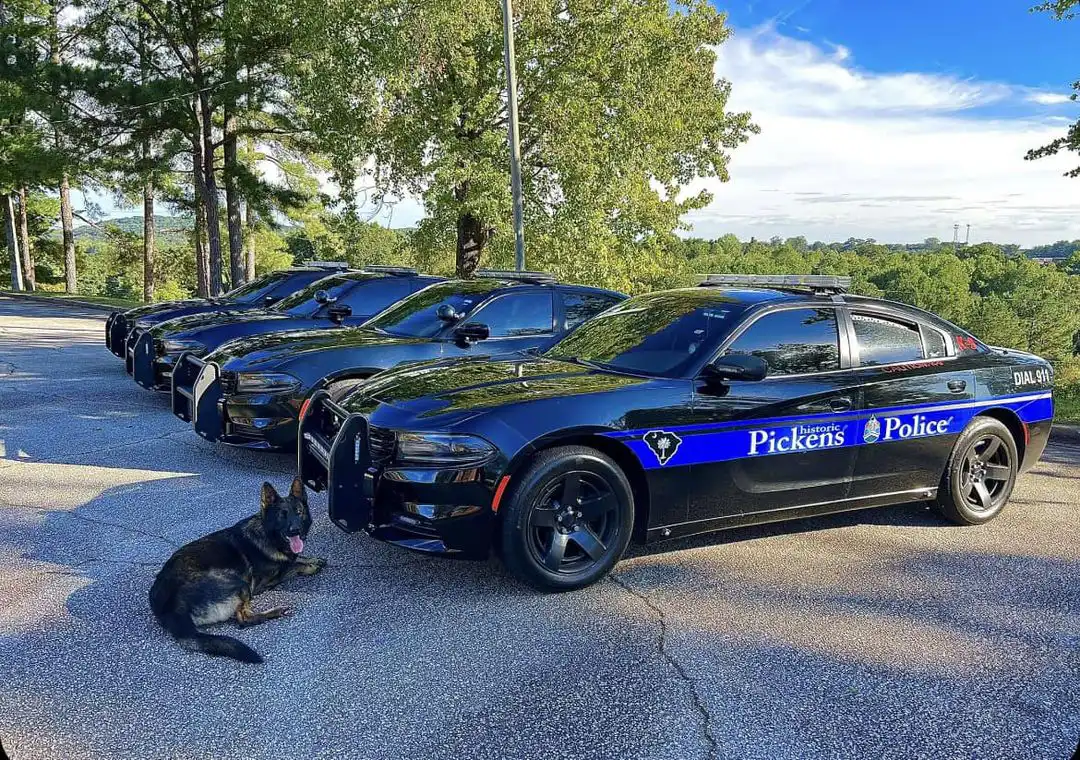South Carolina recently expanded its eligibility for the COVID-19 vaccine to all residents aged 16 and older, including part-time residents such as Clemson students. Those aged 16 and older can register with a provider for the Pfizer vaccine and those aged 18 and older can register for the Pfizer, Moderna, or Janssen vaccines.
This expansion comes after more than 2 million doses of the vaccine have been administered in the state and 17.1% of residents have been fully vaccinated.
“By staying the course and resisting distractions, we’ve expanded South Carolinians’ access and eligibility for vaccinations faster than originally anticipated,” said Gov. Henry McMaster in a Department of Health and Environmental Control (DHEC) press release on March 26.
South Carolina has been able to skip Phase 1C, which included vaccinating everyone over the age of 45 and remaining essential healthcare workers.
“It’s a milestone that we’ve been able to achieve actually much sooner than we initially thought we would,” said Nick Davidson, the senior deputy of public health, in an update from the department on March 31.
When asked how South Carolina compares to other states in vaccine rollout, Davidson said that while it is difficult to measure vaccine efficiency, the state has had about 41,000 doses administered for every 100,000 people when the average rate for other states is mid-30,000 to high 40,000 doses for every 100,000 people.
All 50 states plan to expand COVID-19 vaccine eligibility to everyone 16 or older by late March and early April.
With summer quickly approaching, the Palmetto State is hoping to reassure tourists about travel by fast-tracking eligibility. In 2018, the Governor’s Conference on Tourism and Travel reported that the S.C. tourism industry brought in $23.8 billion, and in 2020, the same Conference reported tourism losses totaling $5.5 billion.
However, students and employees who choose to get vaccinated will still need to continue with required COVID-19 testing every seven days, according to student affairs.
“The more we vaccinate at our University, the closer we will be to some semblance of normalcy,” said Dr. Corey Kalbaugh, lead epidemiologist at Clemson, in a recent email sent to students. “The vaccine works and has proven to help prevent serious cases of COVID-19.”



